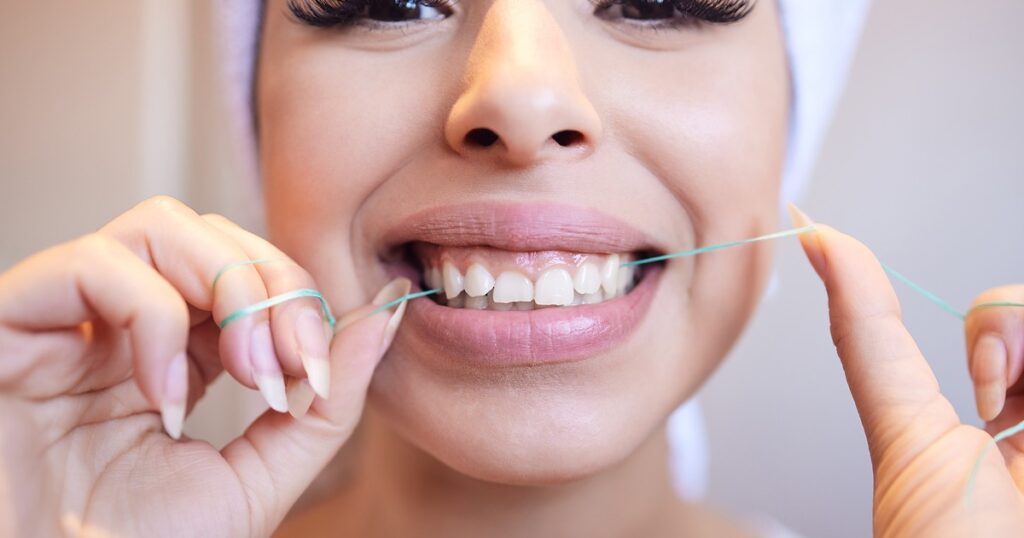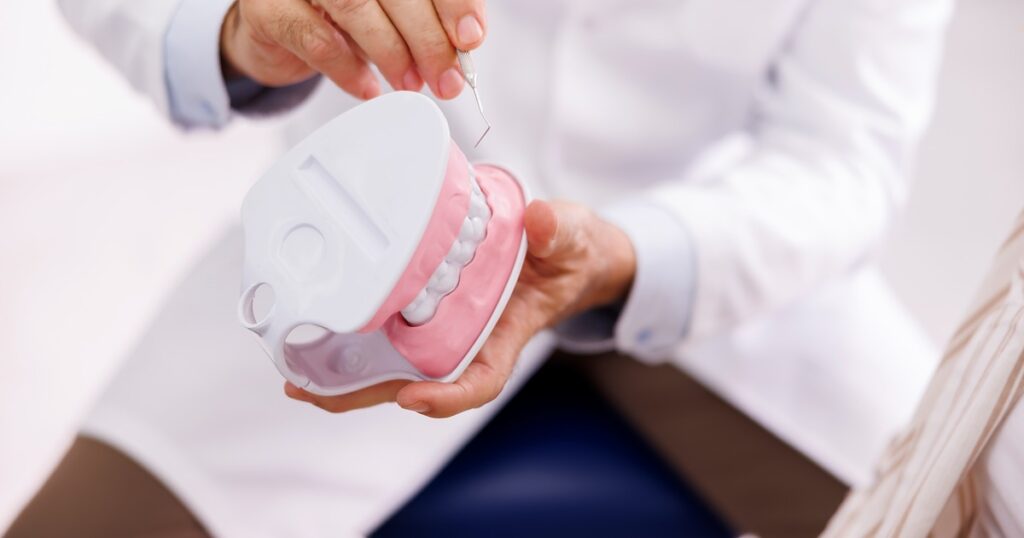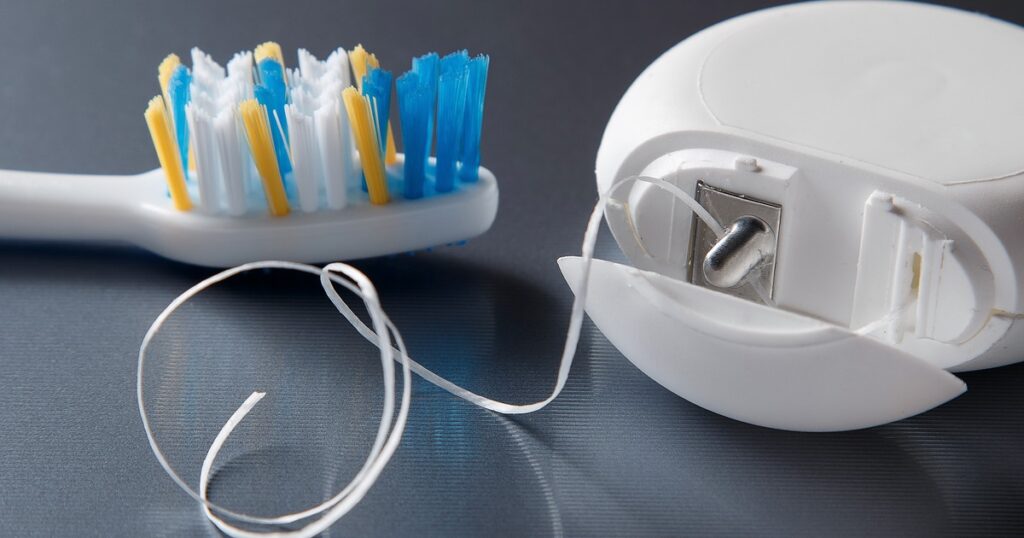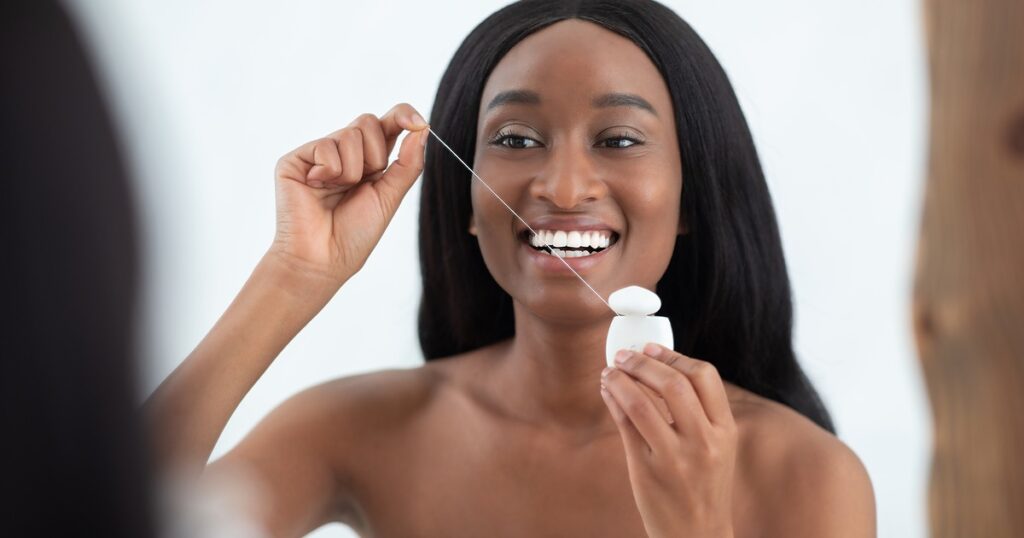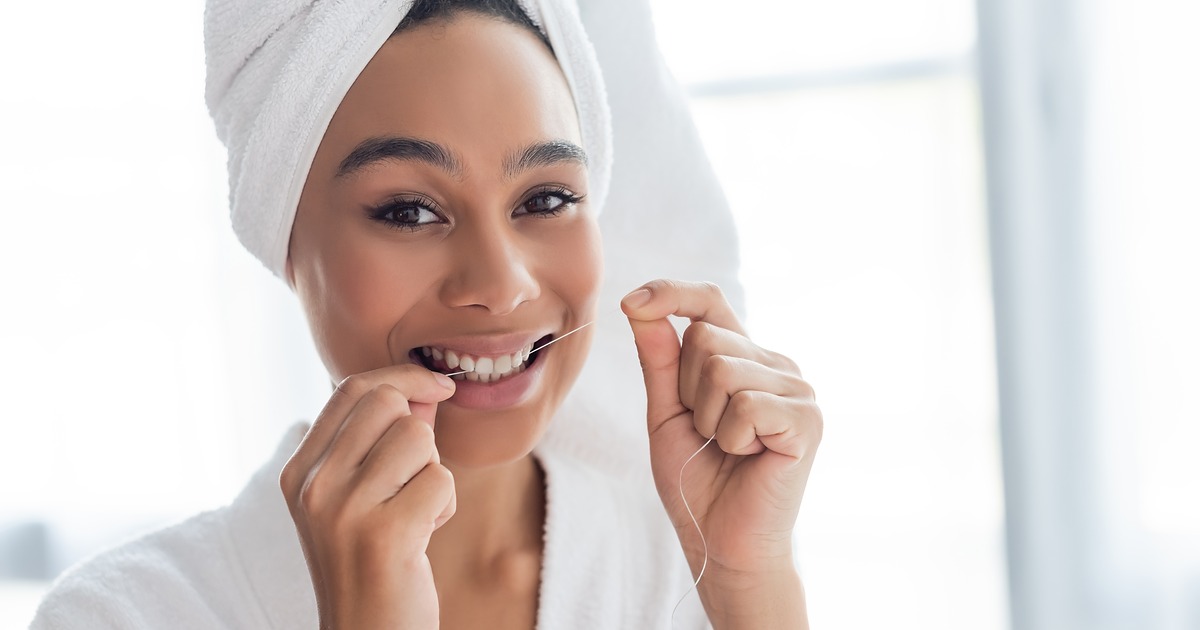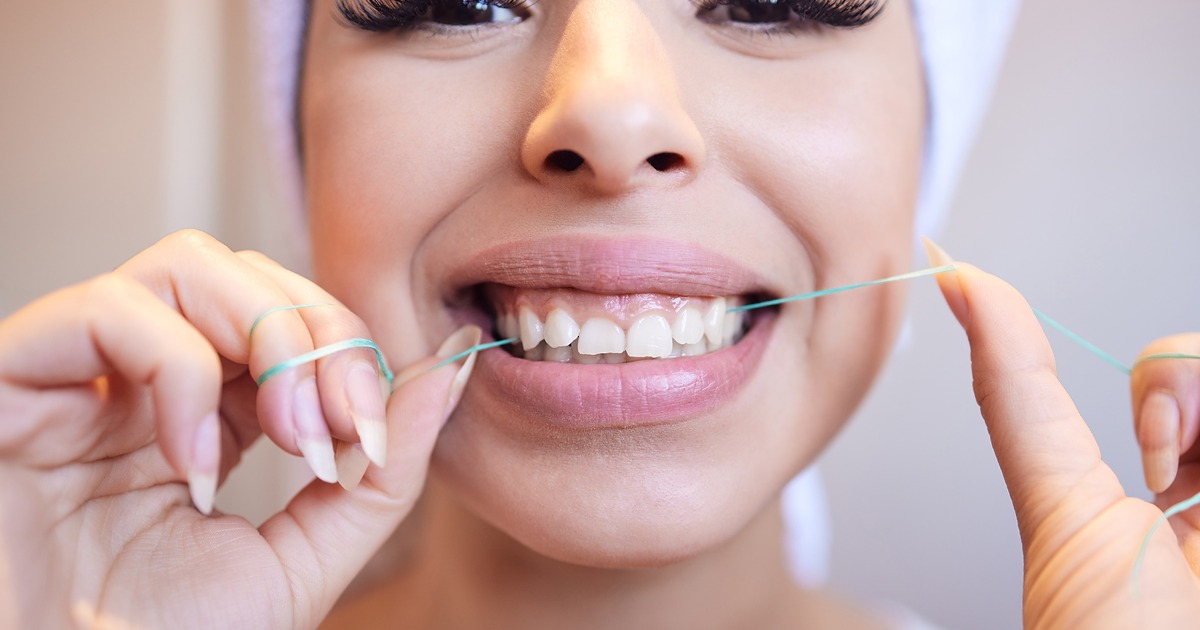Should You Floss Before or After Brushing? Dentist’s Answer
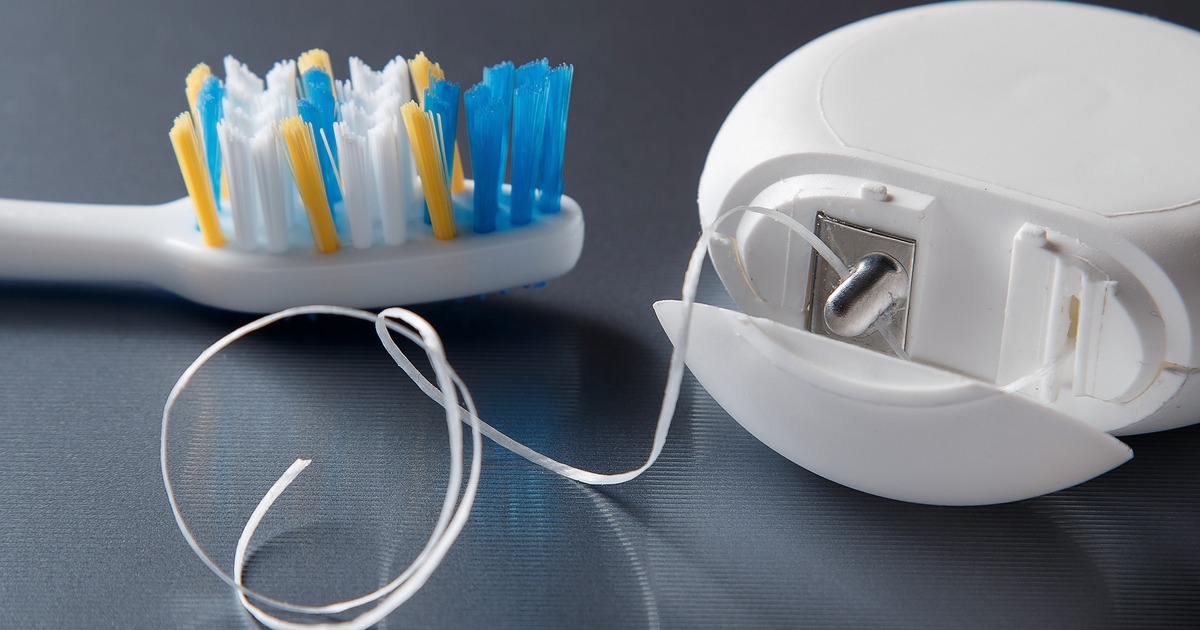
Oral hygiene is simple in theory: brush and floss daily. But when it comes to the order of brushing and flossing, people are often confused. Should you floss before or after brushing teeth? Does it really make a difference, or is it just about personal preference?
Dentists and researchers have studied this question, and the answer is clearer than you might think. Let’s break it down. Curious about flossing technique? Learn How to Floss Back Teeth and Molars for tricky areas. For gum health, see How Many Times a Day Should You Floss with Gingivitis, or find out Can You Floss Too Much?. To cover everything, read the Dentist’s Guide to Flossing Teeth.
✅ Why Flossing Matters as Much as Brushing
Before we get into the order, let’s review why flossing is essential:
-
Brushing cleans the surfaces of your teeth, but not between them.
-
Flossing removes plaque and food particles trapped between teeth and under the gumline.
-
Together, brushing and flossing protect against:
-
Cavities between teeth
-
Gum disease (gingivitis and periodontitis)
-
Bad breath (halitosis)
-
So whether you brush or floss first, what matters most is that you do both, and you do them daily.
🧑⚕️ Dentist Recommendation: Floss Before Brushing
Most dentists and the American Dental Association (ADA) recommend flossing before brushing.
Here’s why floss before brushing is better:
-
Removes plaque first → Flossing loosens plaque and debris between teeth.
-
Allows toothpaste fluoride to work better → Once spaces are cleared, fluoride can reach between teeth more effectively.
-
Prevents skipping flossing → If you brush first, you might feel “done” and forget to floss. Flossing first ensures you won’t skip it.
-
Clinical research supports it → A study published in the Journal of Periodontology found that flossing before brushing led to significantly reduced plaque and more fluoride retention.
❓ Is It Bad to Floss After Brushing?
No—it’s not harmful. If you floss after brushing, you’re still cleaning between teeth, which is what matters most. However, you may:
-
Wash away fluoride from toothpaste that could have protected the spaces between your teeth.
-
Be more likely to rush or skip flossing altogether if you feel “fresh enough” after brushing.
🔑 Floss First or Brush First? Comparison
| Habit | Pros | Cons |
|---|---|---|
| Floss Before Brushing | Removes plaque first, boosts fluoride coverage, better long-term results | Requires habit change if you always brush first |
| Brush Before Flossing | Still effective if done consistently, may feel fresher right away | Fluoride may be rinsed out, higher chance of skipping floss |
🧴 Should You Floss Before or After Mouthwash?
-
Floss first, then brush, then rinse → this is the sequence many dentists recommend.
-
Mouthwash at the end helps wash away loosened bacteria and leaves your mouth feeling fresh.
🧠 FAQs: Flossing vs Brushing Order
1. Are you supposed to floss or brush first?
Dentists recommend flossing first, then brushing.
2. Is it better to floss or brush first at night?
Yes—at night, floss before brushing to remove food debris and let fluoride work overnight.
3. Should I floss before or after brushing in the morning?
Either is fine. If you’re short on time, flossing once a day (morning or night) is enough.
4. Should you brush teeth first or floss first with braces?
With braces, floss (or use a water flosser) before brushing to remove trapped food around brackets.
5. What happens if I floss after brushing?
It still works, but you may reduce fluoride’s effectiveness.
🪥 Complete Dentist-Approved Routine
To get the most out of your oral hygiene routine:
-
Floss first → Clear out food and plaque.
-
Brush next (2 minutes, fluoride toothpaste) → Clean all tooth surfaces.
-
Rinse last (optional) → Use antimicrobial or fluoride mouthwash.
This sequence maximizes cleaning and protection against cavities and gum disease.
📝 Final Takeaway
👉 While flossing after brushing isn’t harmful, research shows it’s better to floss before brushing. This order improves plaque removal and ensures fluoride reaches between your teeth for maximum protection.
The most important thing is consistency—floss once a day and brush twice daily for a healthier smile.



